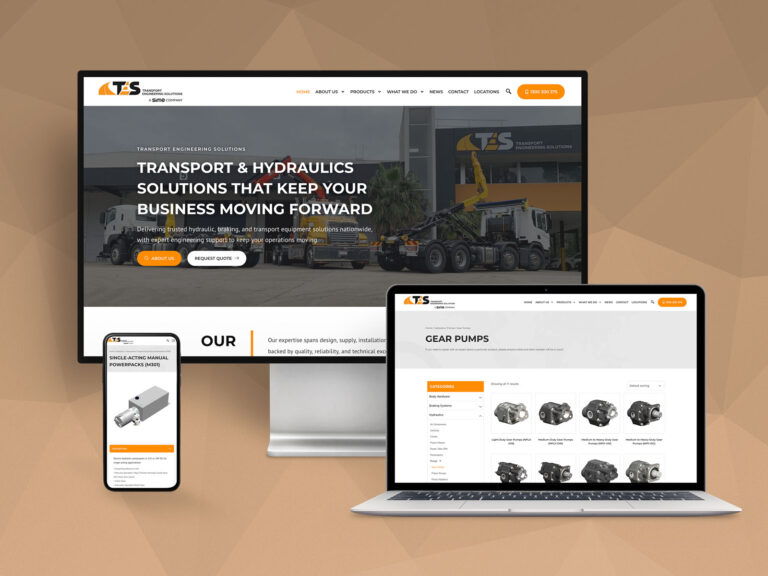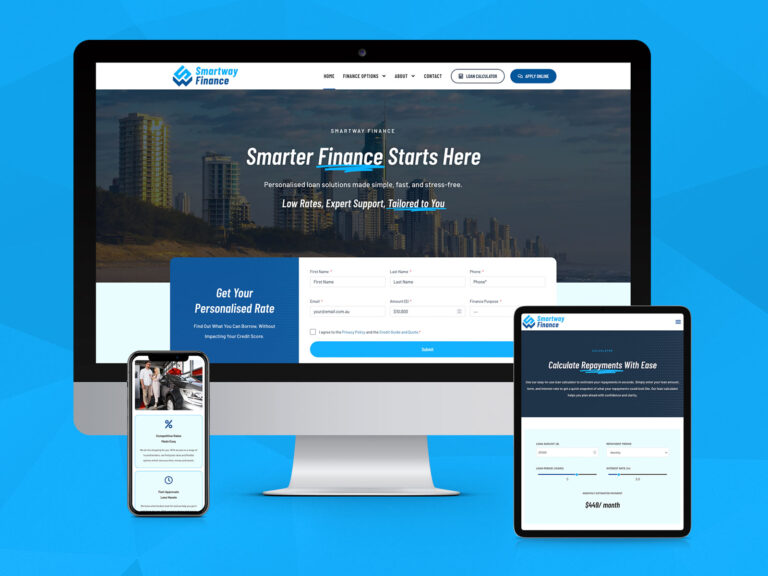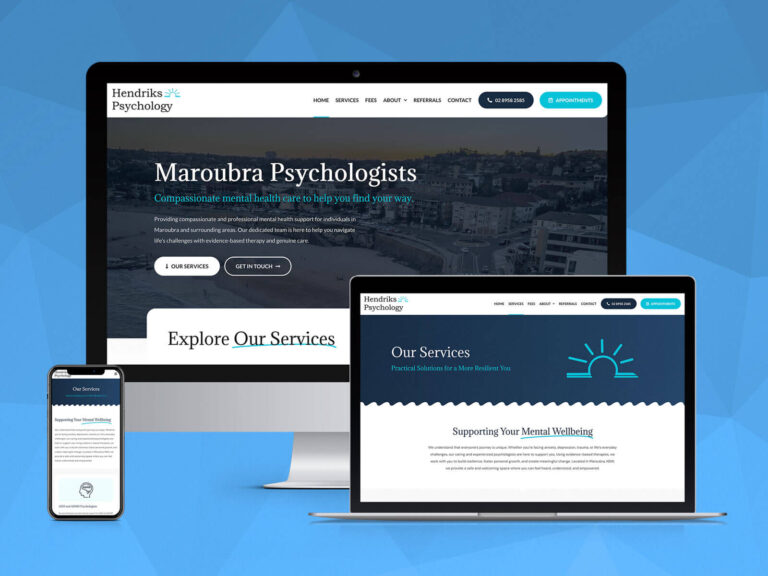A website’s content management system (CMS) is an invaluable tool that empowers users to effortlessly create, manage, and update website content. It serves as the foundation of a website’s infrastructure and enables seamless management without requiring extensive coding expertise.
Among the most widely used content management systems are:
- WordPress – the majority of websites are powered by WordPress, making it the most widely used platform.
- Shopify – serves as an excellent alternative to Magento for eCommerce stores generating less than $15 million in annual revenue.
- Drupal – was once a top pick for larger projects, but has since been overtaken by competitors such as WordPress.
- Joomla – also a popular choice, though it has been experiencing a decline in market share over recent years.
- Magento – is the popular platform for large online stores seeking powerful eCommerce capabilities.
- Squarespace – offers pre-built website templates and drag-and-drop elements for basic website creation.
- Wix – allows for free website setup and design but limited functional control
- BigCommerce – offers another compelling alternative to Magento and Shopify Plus for larger online stores.
- Sitecore – stands out as one of the leading .Net CMS platforms with robust eCommerce functionality.
- Adobe Experience Manager – a favoured platform among Fortune 500 companies seeking enterprise-grade features.
Selecting the appropriate CMS for your requirements should be a thoughtfully considered decision. Learn about the key factors to contemplate when making your CMS choice!
Mastering the Art of Content Management Systems: Choose the Best CMS Platform for Your Needs
Before You Start… Identify Your Needs!
To determine the optimal Content Management System for your website, it is crucial to comprehend your specific requirements. Consider the following factors:
- Will the website involve eCommerce, such as selling items or accepting payments?
- Is there a need for a login or membership aspect to the site?
- Will you require A/B testing for marketing funnels?
- Will you be transitioning an existing site to a new CMS and therefore require an easy-to-use transfer process?
- Are uptime and redundancy essential?
Defining the business needs of your website can assist in narrowing down the list of CMS options. For instance, Shopify would not be a suitable CMS for a website without eCommerce functionality.
It is important to identify and document the diverse use cases for your website. What tasks should an administrator be capable of performing on the website? How will customers interact with the website, and what kind of user experience do you envision for them? What is the website’s primary objective? Understanding the precise requirements of the various stakeholders involved in the website will facilitate the CMS selection process.
Make a Shortlist
Once you have a clear idea of what you want your website to achieve and the different use cases, it’s time to start exploring the various CMS options to see which ones will best suit your needs.
It’s worth noting that some CMS platforms require ongoing fees, but many others offer excellent value for money. Some CMS platforms are designed to be user-friendly and allow you to customise your website without any coding skills, while others may require the help of experienced developers to make updates. However, many platforms have large communities of developers who can help you with any updates you may need.
As you narrow down your CMS options, remember that there are plenty of great options available, and by taking the time to consider your specific needs, you’ll be sure to find the perfect fit for your website!
Build Yourself of Need a Professional to Help?
Have you narrowed down your CMS options? Will you be building the site in-house or working with an outside company? Keep in mind that different Content Management Systems require varying levels of coding expertise, and some coding languages may command a higher hourly rate.
It’s essential to ensure that your development team can bring your design to life and accommodate different use cases while keeping your site secure and up-to-date. When building a website, it’s not just about matching design with code; you also need to consider SEO and marketing funnels. If your team isn’t focused on building websites or digital marketing, consider partnering with an outside agency for their expertise.
If you’re working with an outside agency, make sure they have experience with your chosen CMS and that their team members keep UX and SEO in mind. Finding the right team to implement your Content Management System can make all the difference in creating a website that not only looks great but also converts visitors into customers for your business.
So…What’s the Best Content Manegment System to Choose?
The truth is there is no universally superior Content Management System to serve as the framework for your website. Each CMS possesses its unique advantages and disadvantages and may be tailored to particular use cases. If you are struggling to select the right CMS and development services for your website, don’t hesitate to seek assistance. Our team of experts is here to help you make the best decision for your business. Contact us today to schedule a consultation and take the first step towards building a successful and effective online presence.





